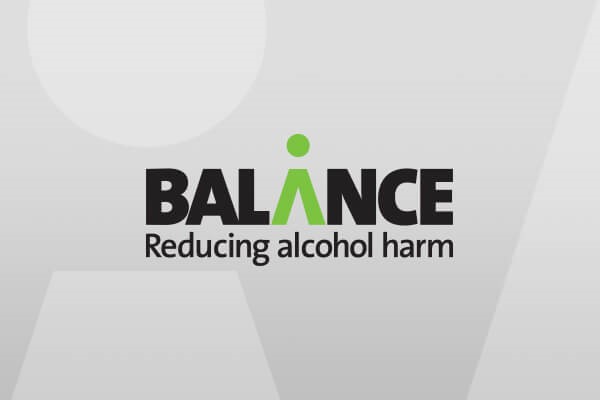Balance responds to the Government’s Responsibility Deal
Colin Shevills, Director of Balance, said: “The alcohol pledges announced this morning (Tuesday, March 15) make it easy to understand why health organisations, including The Royal College of Physicians and the British Medical Association, found it impossible to support the Responsibility Deal. It’s an all carrot and no stick approach and it’s not hard to see why it has been so popular with the alcohol industry, which isn’t being asked to make any real concessions.
“The fact that industry has agreed to make unit and other health information available is a step in the right direction. However, it is concerning that apart from one exception, there are no clear and firm targets against which to hold this responsibility deal to account.
“What’s more, very little about these pledges is new. In fact, the voluntary agreement route has already been tried and has already failed. Currently, just 15% of drinks carry health messages agreed under a protocol between the industry and Government three years ago, which said most labels would comply by 2008. Why do we think the pledges will be any stronger or successful?
“If Government is serious about tackling the problems caused by alcohol misuse, it needs to develop meaningful pledges backed by legislation.”
He said these included:
- Reducing the affordability of alcohol through the introduction of a minimum price per unit of alcohol which would reduce consumption amongst young and heavy drinkers while having a minimal impact on those drinking within Government guidelines.
- Greater powers to reduce the availability of alcohol under the Police Reform and Social Responsibility Bill, so that protecting the public health can be enforced by law.
- Restricting the display of alcohol to designated alcohol aisles in supermarkets
- A pledge to support a reduced drink driving limit.
- A pledge ban TV advertising before the 9pm watershed; ban sports and cultural sponsorship; and restrict cinema advertising to films with an 18 classification.
- A pledge to ban quantity discounts on alcohol, such as three for two offers, and restrict the number of alcohol promotions.
- A pledge to support Government led, independent mass media campaigns, rather than back the alcohol industry’s ‘Why let good times go bad’ campaign.
All of these things should form part of the new alcohol strategy which should be informed by the WHO Global Alcohol Strategy
Colin added: “Government needs to go further and faster if we are to reduce the damage that alcohol is doing to the North East, where we have the highest rate of alcohol related hospital admissions and the second highest rate of alcohol related deaths in the country.”
